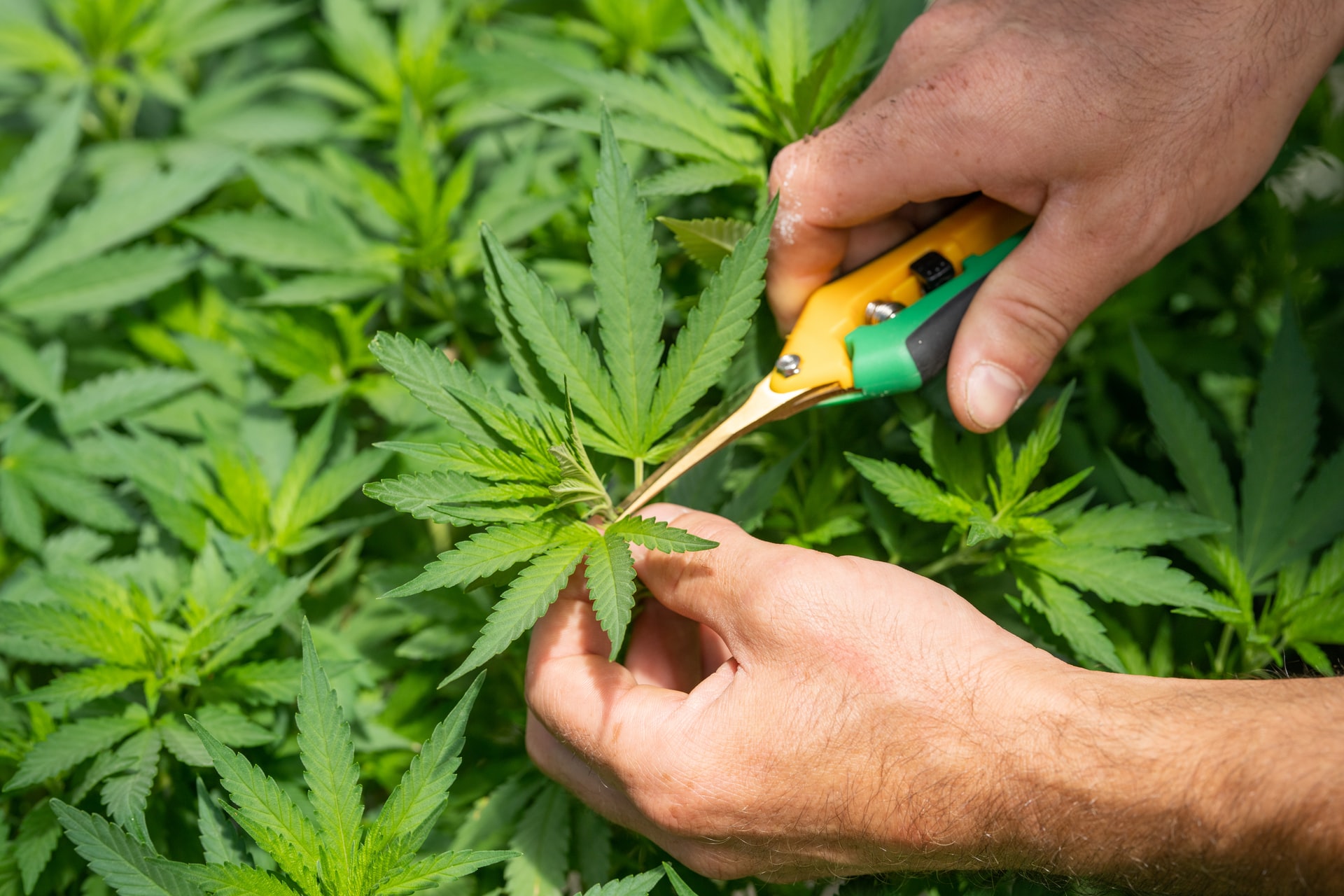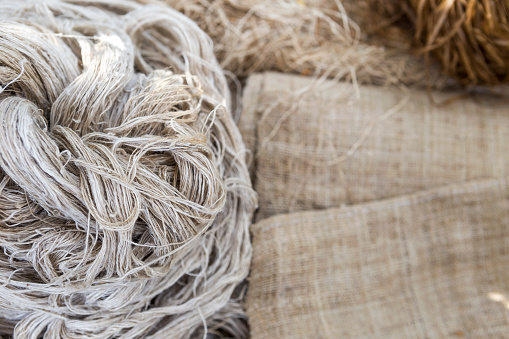India has always preferred to identify herself as an agricultural country. Despite that, India is one of those countries that still rely on traditional agricultural practices and is quite “outdated” in the agriculture industry.
Why are traditional practices obsolete?
Agriculture has been practiced by mankind since the last few millennia. India is one of the oldest civilizations. India, like other civilizations, was born due to the ease of agriculture as the fertile river plains aided in the cultivation of a number of crops.
In fact, India is one of the few countries that boasts of treasuring traditional cultivation practices which are eco-ethical too. Still, the contemporary Indian scenario doesn’t point to a cheerful picture of the Indian farmers. Here are a few pointers that explain why Indian agriculture is suffering from such a huge negligence.
Uneven land distribution:
The traditional Indian agricultural practices were designed to be carried out in vast farms. Whereas most of the small-scale Indian farmers have less than 2 hectares of land. Ergo, traditional practices give very little yield to boost profits.
Poorly designed irrigation system:
We are thriving in the 21st century when it comes to IT but we are in the 4th century when it comes to irrigation systems. Most of the farmers still rely on rain water or well water for irrigation purposes.
The rain fed irrigation system has birthed a new problem in southern India. Rapid construction of dams and barrages have not only obstructed the natural river paths but aided soil erosion and landslides too. In a nutshell, the entire biosphere is now sitting on a time bomb in these areas.
Non-native strains and long-term ecological damage:
The Indian state of Punjab and her struggle with the lowering water table can serve as the classic example of the hazards related to the introduction of nonnative strains.
Paddy cultivation may have upped the economy but lowered the water table in Punjab. Still, the farmers are opting to cultivate paddy to boost profits.
Cash Crops and livestock production:
Many experts opine that cultivation of cash crops and rearing livestock can not only improve the economy of the country but can also open new sources of employment.
But cash crops consume a lot of natural resources before attaining maturation. Denudation has surfaced as a prime eco geological problem at the sites of tea cultivation.
Livestock too need a number of resources to mature to produce meat and other products.
A sustainable agriculture model and hemp
In the current situation India needs sustainable agriculture. Indian farmers should look for such options that have a small lifecycle, require minimum ecological and financial investment, and are marketable too. This is where hemp steps in.
Hemp: A tableau
Hemp is an industrial strain of Cannabis sativa. The crop can be used to manufacture thousands of products. Hemp and bamboo are the fastest growing plants on earth.
Hemp completes its life cycle in nearly 120 days.
How hemp can revive the Indian agriculture:
Hemp cultivation needs strips of land. This is an ideal solution for the land-challenged farmers.
Thin strips can effectively cultivate, thrice a year, a substantial amount of hemp.
Hemp has huge market value. Industrial hemp is also cultivated to cater the demands of the medical and pharmaceutical industry. Not just that, even hemp Seed oil is desired by many industries.
Hemp needs minimum investment because it doesn’t need expensive fertilizers to grow. This makes it very budget-friendly for the small scale farmers.
Hemp industry is still in its infancy and has a tremendous scope to grow. Investing in hemp cultivation is akin to investing in a promising startup.




Recent Comments